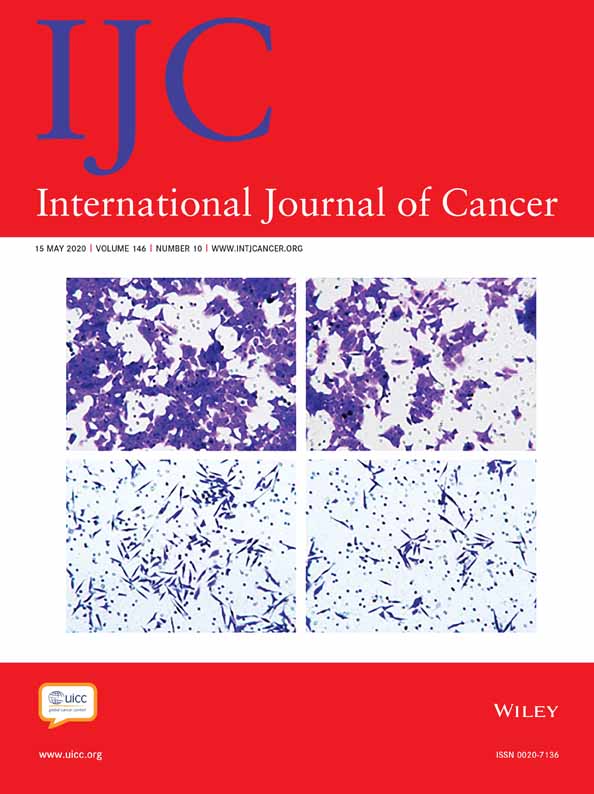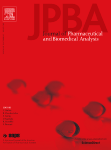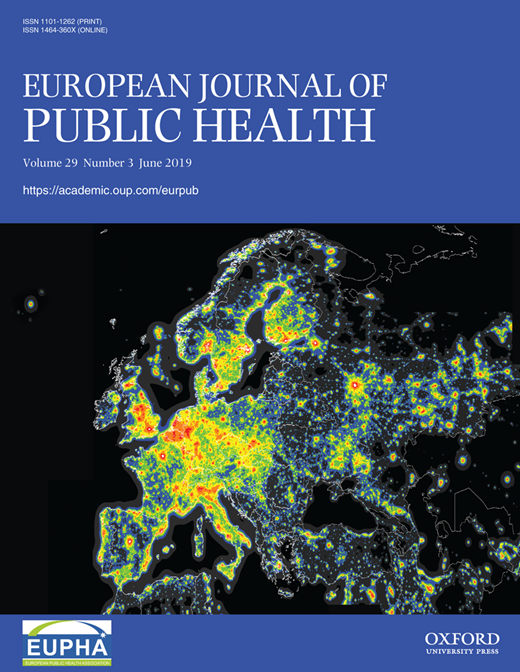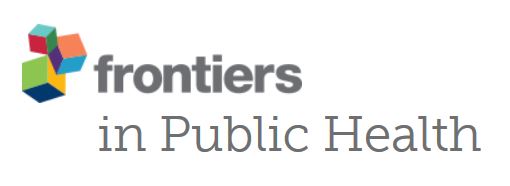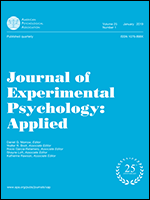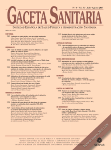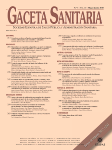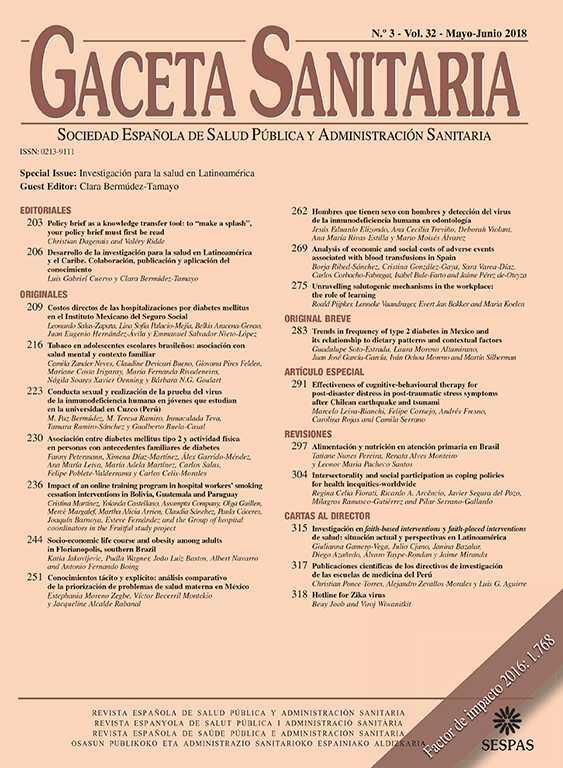Serologic markers of Chlamydia trachomatis and other sexually transmitted infections and subsequent ovarian cancer risk: Results from the EPIC cohort
A substantial proportion of epithelial ovarian cancer (EOC) arises in the fallopian tube and other epithelia of the upper genital tract; these epithelia may incur damage and neoplastic transformation following sexually transmitted infections (STI) and pelvic inflammatory disease. We investigated the hypothesis that past STI infection, particularly Chlamydia trachomatis, is associated with higher EOC risk in…



